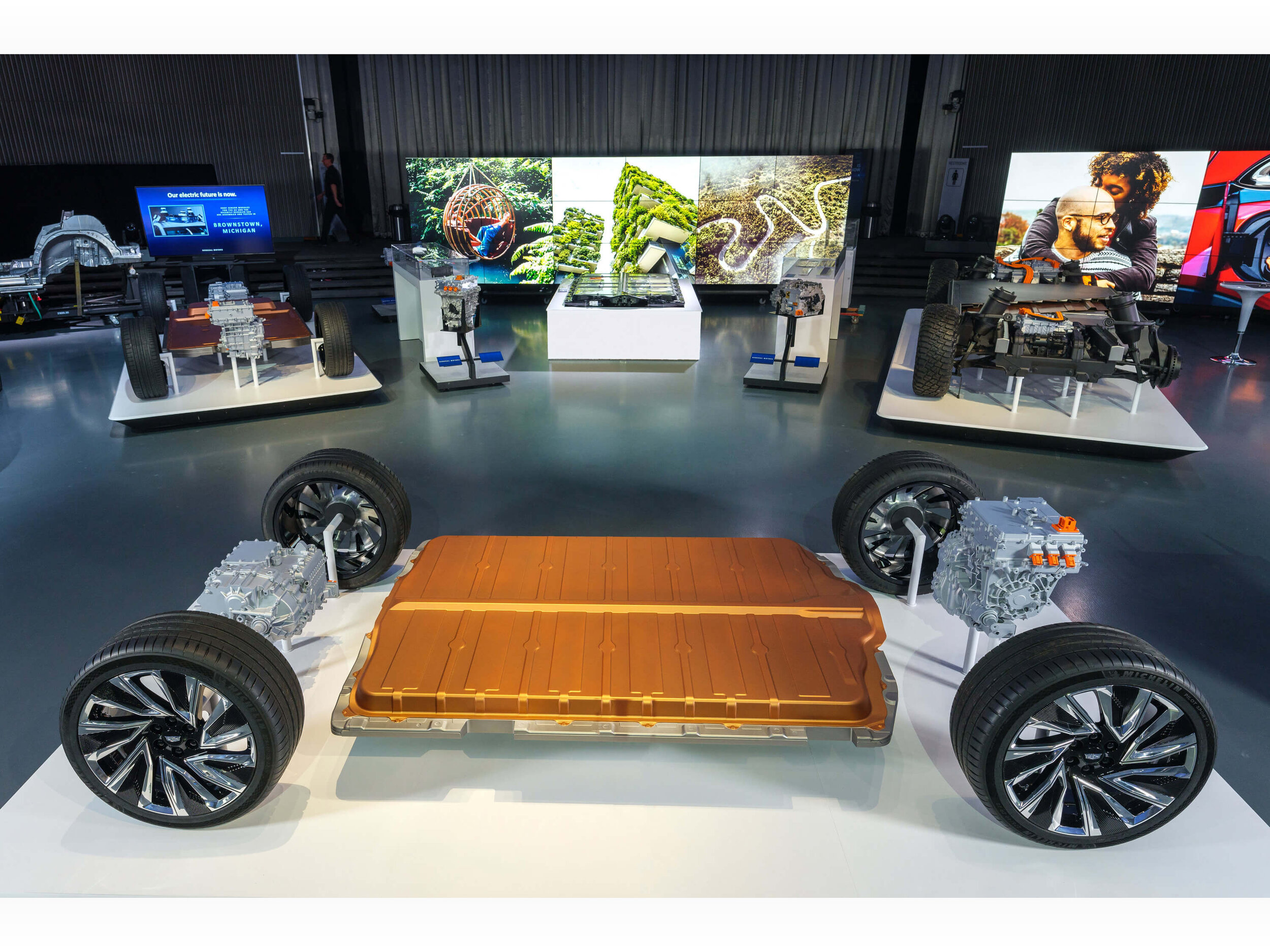
Guide To… Batteries
In essence, electric car batteries aren’t much different from the typical lithium-ion batteries that we have become familiar with in our everyday household items – from our laptops to our phones.
However, the batteries used in EVs have a much greater density, meaning that they can store considerably more energy than the batteries that we’re used to – which results in more efficient use and the ability to last for much, much longer.
To put this into context, just 17-21% of the fuel that you put into the tank of a diesel or petrol car gets converted into power – the rest is lost in heat and sound. However, the average EV converts between 59-62% of its energy into power, meaning you get a lot more from a lot less – efficiency without emissions.
Unlike an internal combustion engine car, your batteries can be used more efficiently over time thanks to wireless updates to your car’s software – in fact, we’ve seen some brands add up to 30km ranger to their vehicles through software updates alone.
Battery Care
Much like our mobile phones, EV batteries are reactive to ambient temperature – lasting longer in the warmer summer months and draining faster in the winter. With Ireland’s milder climate, this impact is not as considerable as it is in Scandinavian countries, for example – where EV adoption has been hugely popular and widespread.
Of course, just as with your smartphone there are things you can do to make your battery last longer and run to peak efficiency. Here are a few tips to help you on your way
Limit fast charging – There’s no harm in fast charging a couple of times each week, but doing it too often can put unnecessary strain on the battery, causing it to lose capacity faster. This is exacerbated in hot conditions. Instead, try to charge over longer periods of time and at slower speeds when possible – such as overnight charging
Keep between 40-80% charged – Lithium-ion batteries last longest when they aren’t always fully charged to 100%. Unless you’re planning a long trip and don’t want to stop along the way, try to keep your charge in this window to make your battery last as long as possible – particularly if you aren’t going to drive for an extended period
Keep it cool – Just as with an internal combustion engine, there is a sweet spot for your battery. EVs have a cooling system around the batteries to keep them at optimum temperature, but when ambient air temperature stays above 30°C for extended periods of time this can affect your range if you charge past 80% and leave it sitting in the sun while topping up – although this isn’t much of an issue in Ireland for most of the year
Cost
The cost of electric car batteries has fallen by 87% since 2010, and as a result many EVs are now equal in price to their petrol or diesel counterparts – and we can expect this price to fall in the future with greater mass production, and with the development of new products.
With considerably fewer moving parts in an EV, the running costs are also considerably lower than an internal combustion engine (ICE) vehicle. If, in the unlikely event that a fault does appear in the battery, one of the units can be removed and replaced easily and at a low cost – it’s a largest scale version of replacing the batteries in your TV remote control.
Furthermore, most EVs come with a warranty for their battery for anywhere between five to 10 years – while this may seem a short span to some people, the average life expectancy of a petrol or diesel car is just eight years from production to disposal.
Recycling
There is some concern about what happens to EV batteries once they are retired, but this is something consumers need not worry about.
Most EV batteries will still have around 70-80% of their capacity when they are removed and upgraded, and the old ones can find new life in data centres, as power for public amenities like streetlights, or even to store renewable energy in your home.
It is projected that by 2025 around three-quarters of used EV batteries will be reused and recycled.
For more information, see our Why EV Battery Recycling Is Set To Take Off blog
What To Read Next
Why EV Battery Recycling Is Set To Take Off
Find out why nervousness about the EV battery life cycle is overlooking other opportunities, how new efficiencies are being found, and which emerging technologies may influence its future
How Has Battery Technology Advanced?
Find out how battery technology has advanced, from the launch of the first lithium-ion battery in 1991 to the latest innovations in the field today




